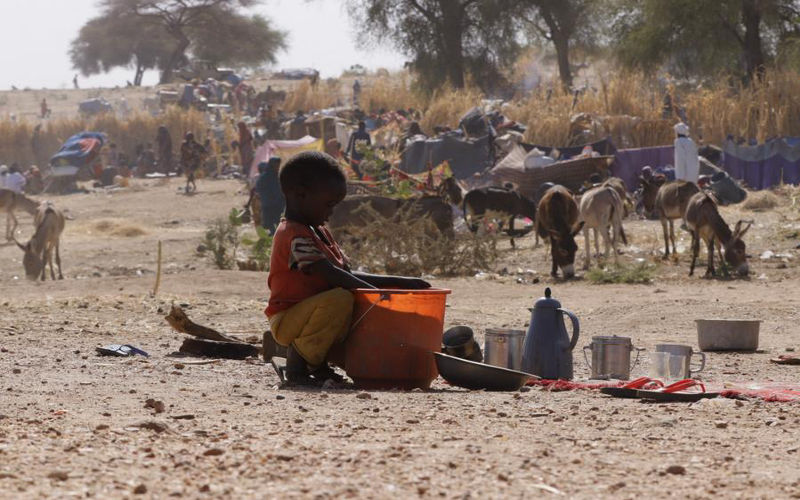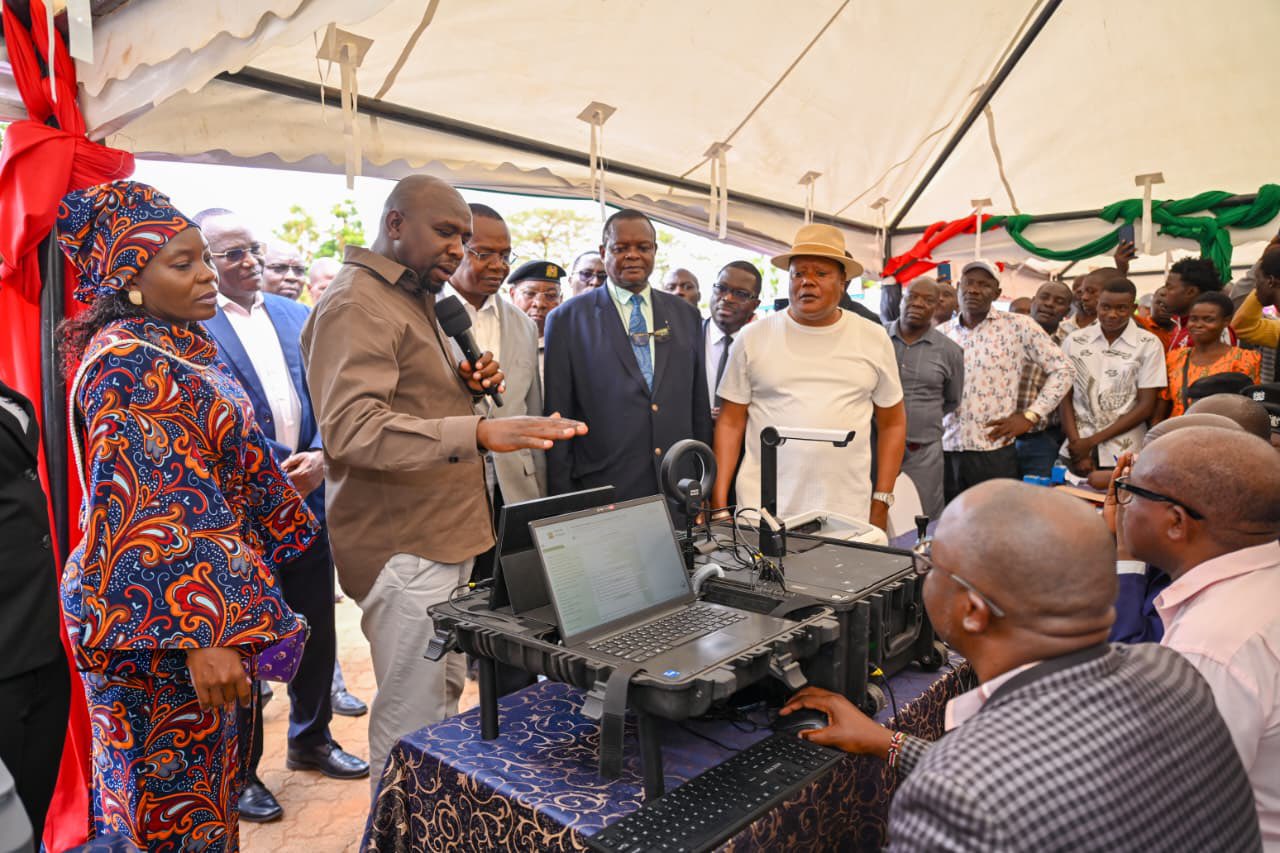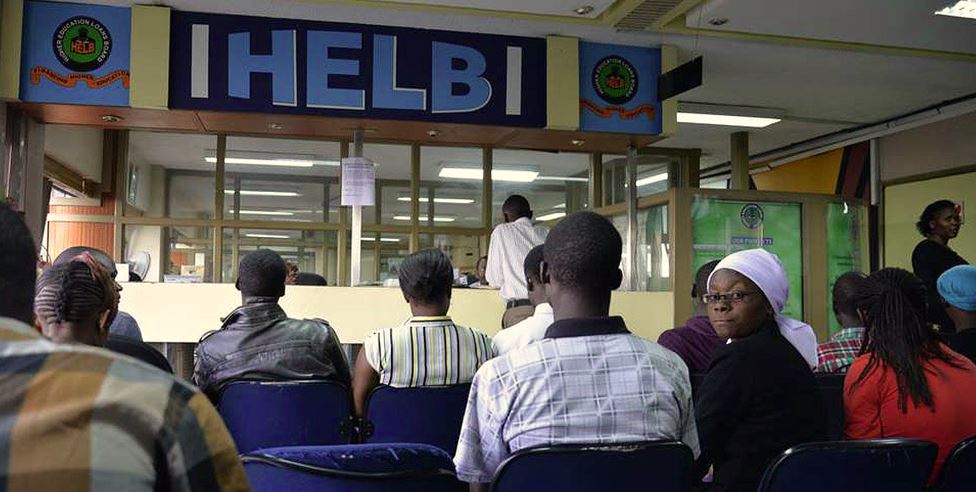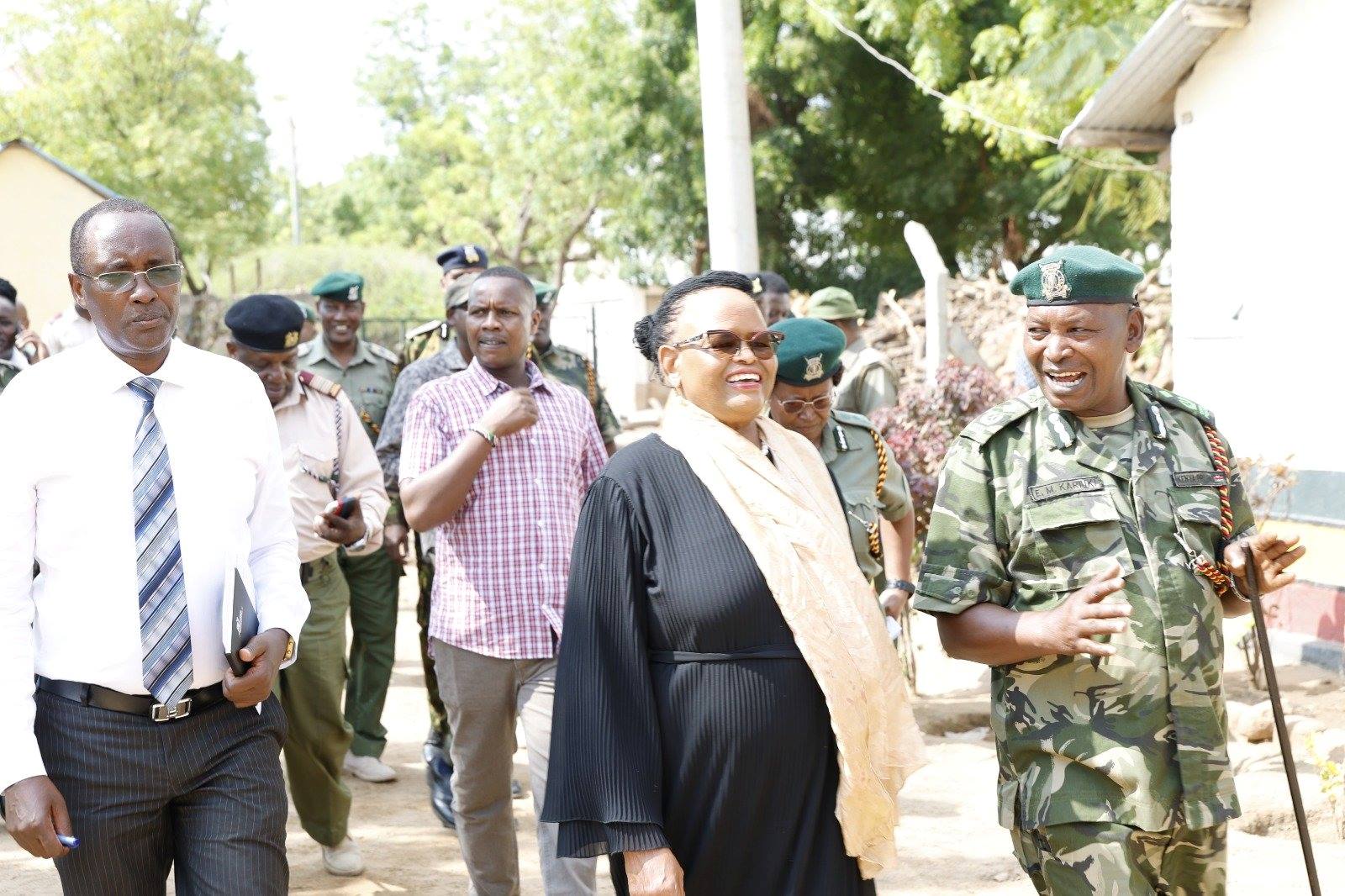IGAD to unveil migration report highlighting displacement, labour mobility and remittances

The report aims to provide a clear picture of migration trends, demographic shifts, and remittance flows to support evidence-based policies across the region.
A new report detailing population movements, forced displacement and labour migration within Intergovernmental Authority on Development (IGAD) member states will be unveiled on September 4, 2025, offering policymakers and development partners a comprehensive tool for planning and governance.
IGAD says the report, covering data from 2010 to 2022, aims to provide a clear picture of migration trends, demographic shifts, and remittance flows to support evidence-based policies across the region.
More To Read
- Kenya backs IGAD's initiative to boost pandemic preparedness
- IGAD climate centre predicts below-average rains in Eastern and Northern Kenya
- IGAD hails Somalia agreement as milestone for national unity, peace
- IGAD urges vigilance as region hits key counter-terrorism milestones
- ICPAC forecasts drier, warmer conditions for Eastern Africa as 2025 ends
- IGAD urges youth to take lead in regional peace
The second edition of the IGAD Population and Migration Statistics Report, produced in collaboration with GIZ and Statistics Sweden, will be launched in Mombasa, Kenya. It builds on the foundation of the first edition, expanding the scope of analysis to capture the dynamic interplay of migration drivers and their socio-economic impacts.
According to IGAD, member states, including Kenya, Djibouti, Ethiopia, Eritrea, Somalia, South Sudan, Sudan and Uganda, continue to serve as points of origin, transit and destination for diverse groups of migrants. These include labour migrants, refugees, internally displaced persons (IDPs), returnees and stateless populations.
It noted that the report emphasises the importance of robust data governance to guide effective responses, stressing that accurate statistics are vital for addressing the challenges of population displacement and migration management.
“Migration and displacement shape the future of our region. From labour migration to forced displacement, remittances to demographic shifts—robust data is the key to informed policies and sustainable solutions,” IGAD said ahead of the launch.
The unveiling will be presided over by IGAD’s Deputy Executive Secretary, Mohamed Abdi Ware, alongside high-level representatives from Member States and development partners.
IGAD has reiterated that the report will not only reinforce the region’s role in global migration dynamics but also highlight the critical need for data-driven governance to strengthen sustainable solutions.
The Authority is also preparing a strong presence at the Africa Climate Summit 2, scheduled for Addis Ababa, Ethiopia. IGAD Executive Secretary Workneh Gebeyehu will lead the IGAD delegation at the high-level forum, where he is expected to engage with member states, the African Union and international partners in advancing the region’s climate agenda.
IGAD said its participation will reaffirm its commitment to coordinated action on resilience, adaptation and sustainable development. The organisation will host a dedicated Pavilion at the Summit, serving as a hub for policy dialogue, knowledge exchange and regional collaboration.
Most IGAD-led side events will be held at the Pavilion, focusing on themes such as the blue economy, drought resilience, climate applications and adaptation, food security and the management of water resources.
Speaking ahead of the Summit, Gebeyehu stressed the urgency of collective action on climate change, describing it as the greatest challenge of the era and an existential threat to the IGAD region.
“Climate change is the defining challenge of our time, and for the IGAD region, it is an existential issue. The Africa Climate Summit is an opportunity to amplify our collective voice, forge stronger partnerships, and deliver solutions that ensure resilience and prosperity for our people,” he said.
Top Stories Today











































